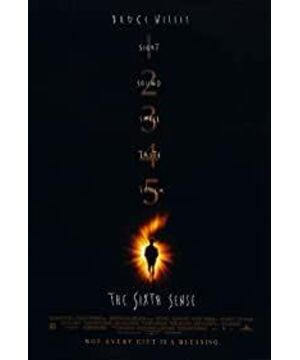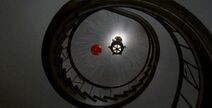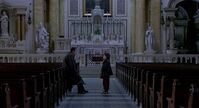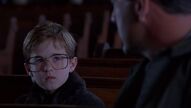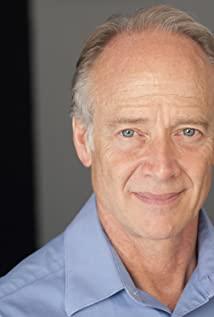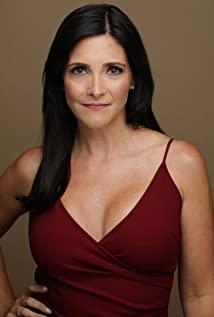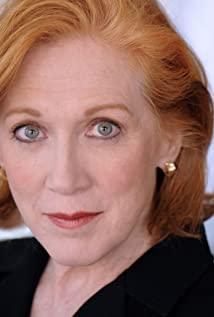The film itself is very common, even in movies of the same subject-it revolves around a single mother and his "ghost-seeing" son, a child psychologist, and his wife. This may have been a poor film, but the O. Henry-style ending and the warmth that runs through the film still make the film stand out from the mud of vulgar ghost films. Borrowing ghosts and romances are the biggest highlights of this film. It is precisely because of this that it does not make people feel excessively depressed and fearful. Instead, it will arouse the emotional resonance of the audience, and then arouse the attention and thinking of "humanism".
People are emotional animals. Whether it is family, love or friendship, they all need communication and media. In the real dimension, the communication and maintenance of emotions are diverse, at least possible. But how should yin and yang communicate? (If there really is another world). The little boy in this film assumes the function of this medium. He can see ghosts, communicate with them, and can help them with his unfulfilled wish. At first he was very scared, so he was withdrawn and behaved strangely, and was regarded as a "freak." But the child psychologist approached him and tried to save him. From the initial resistance and suspicion of the little boy, to the subsequent cooperation and trust, to the final dependence, it is actually a process of deepening the relationship with the doctor. Later, the little boy overcame his inner fear and faced the doctor’s question "Can I see you tomorrow?", he replied, "As long as I think about it, I can do it every day." huge. But in any case, both sides have crossed the age gap, surpassed the doctor-patient relationship, and even blurred the similarities and differences in identities. This is a scene with temperature.
The film seems to be telling the truth: ghosts are not terrible, they used to be life with body temperature, they also have emotions, they used to be our closest people, and they are even by our side. The little boy in the film conveyed to his mother the late grandmother's longing for her, and even solved a misunderstanding that had been in the dust for many years-but it was too late. This is the regret of a mother and daughter, and it is also an unavoidable pain that mankind faces together.
what is love? There is an explanation, loving a kind of feeling is free from the pain of parting. It sounds awkward. Conversely speaking, parting is suffering. So the difference between life and death, the separation of yin and yang, is great suffering. Life and death are the most important and ultimate issues in life. It is the eternal "dream" of mankind to communicate with the dead soul before people really understand what is going on behind them, so as to continue the future generations. Therefore, there are religious "views on the afterlife", "paradise", and "doomsday judgment", as well as various beautiful visions and terrifying heresy. But in any case, going back to the source, this is the thinking and expectation of mankind's own destiny, as well as the affirmation and persistence of self-worth.
Of course, the movie itself has flaws, for example, some doubts can't be cleared up, and the movie pays too little attention to the parallel real world. But then again, this is a ghost movie after all.
View more about The Sixth Sense reviews


